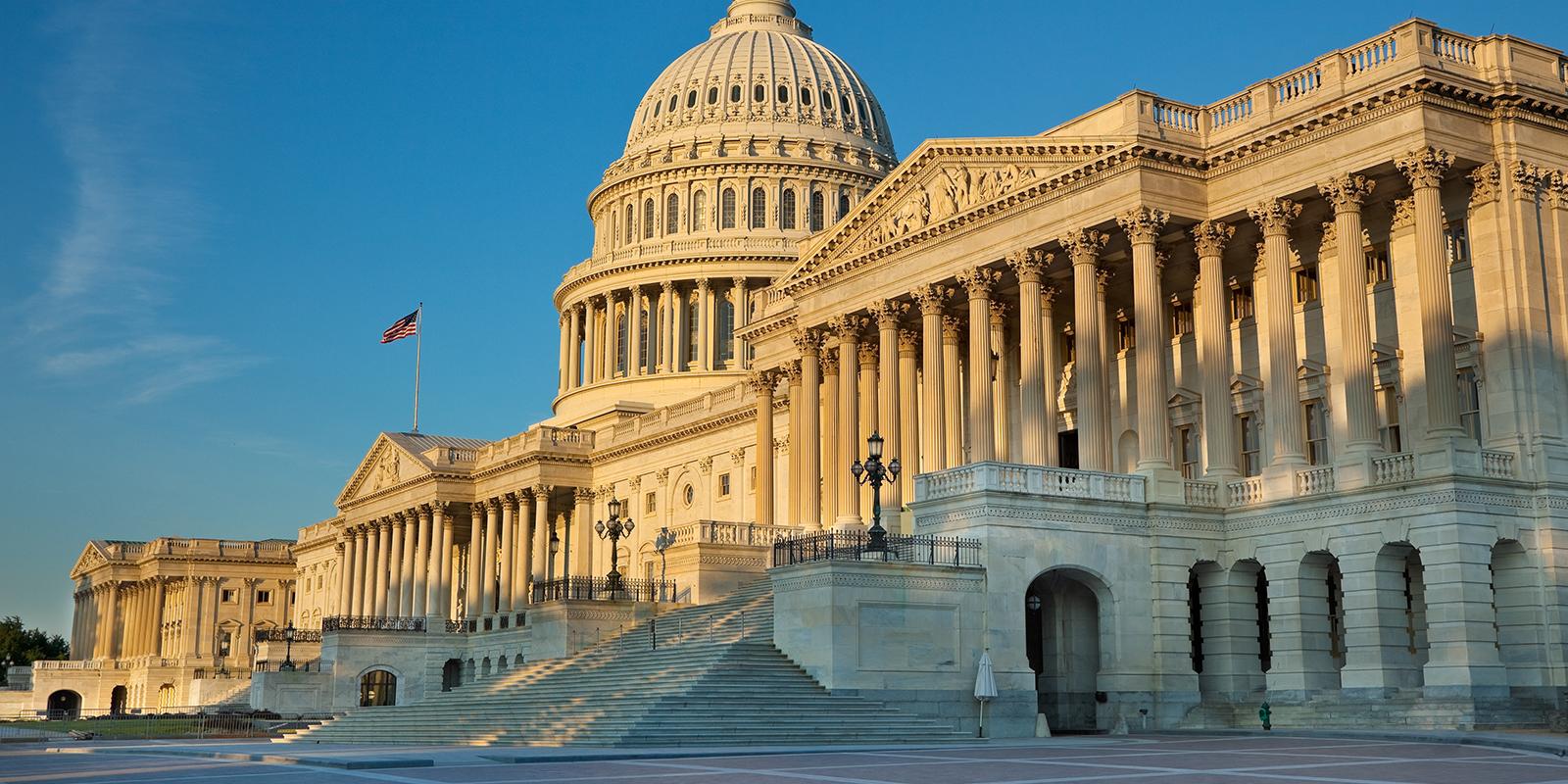
The National Association of Health and Educational Facilities Finance Authorities
Key Facts
- NAHEFFA had prepared proposal to protect private activity bonds
- This matter involved working closely with key members of Congress as well as allies in the health, education, and municipal finance sectors
- Our professionals worked tirelessly on advocacy efforts to advance tax reform
The Situation
The National Association of Health and Educational Facilities Finance Authorities (NAHEFFA), a longtime client of Mintz, is a national organization representing 41 state financing authorities providing tax-exempt capital financing for nonprofit healthcare and higher education institutions. As Congress and the Trump administration moved to enact tax reform, NAHEFFA was poised to advocate for its long-prepared proposal to protect private activity bonds, including the long-standing tax exemption for nonprofit municipal bonds.
The Approach
ML Strategies worked to build on existing relationships and establish new relationships within the administration and with key members of Congress and congressional staff. These included tax staff at the House Ways and Means Committee and the Senate Finance Committee and the personal office staff for members of Congress whose states and districts are home to NAHEFFA member authorities. We also closely collaborated with allies in the health, education, and municipal finance sectors. Over the course of our engagement with NAHEFFA, we conducted dozens of meetings on Capitol Hill; assisted NAHEFFA members in securing and preparing for congressional meetings during their Washington DC conference; gave presentations to NAHEFFA membership and others on the status of the tax reform debate; and drafted letters and public comments to congressional committees urging that the exemption for tax-exempt municipal bonds be maintained.
The Outcome
Following more than a year of intense advocacy efforts, the final tax bill maintained the tax exemption for private activity bonds, including for nonprofit hospitals and higher education. Under the new law, these and other nonprofit organizations will continue to have access to a vital source of capital financing.

